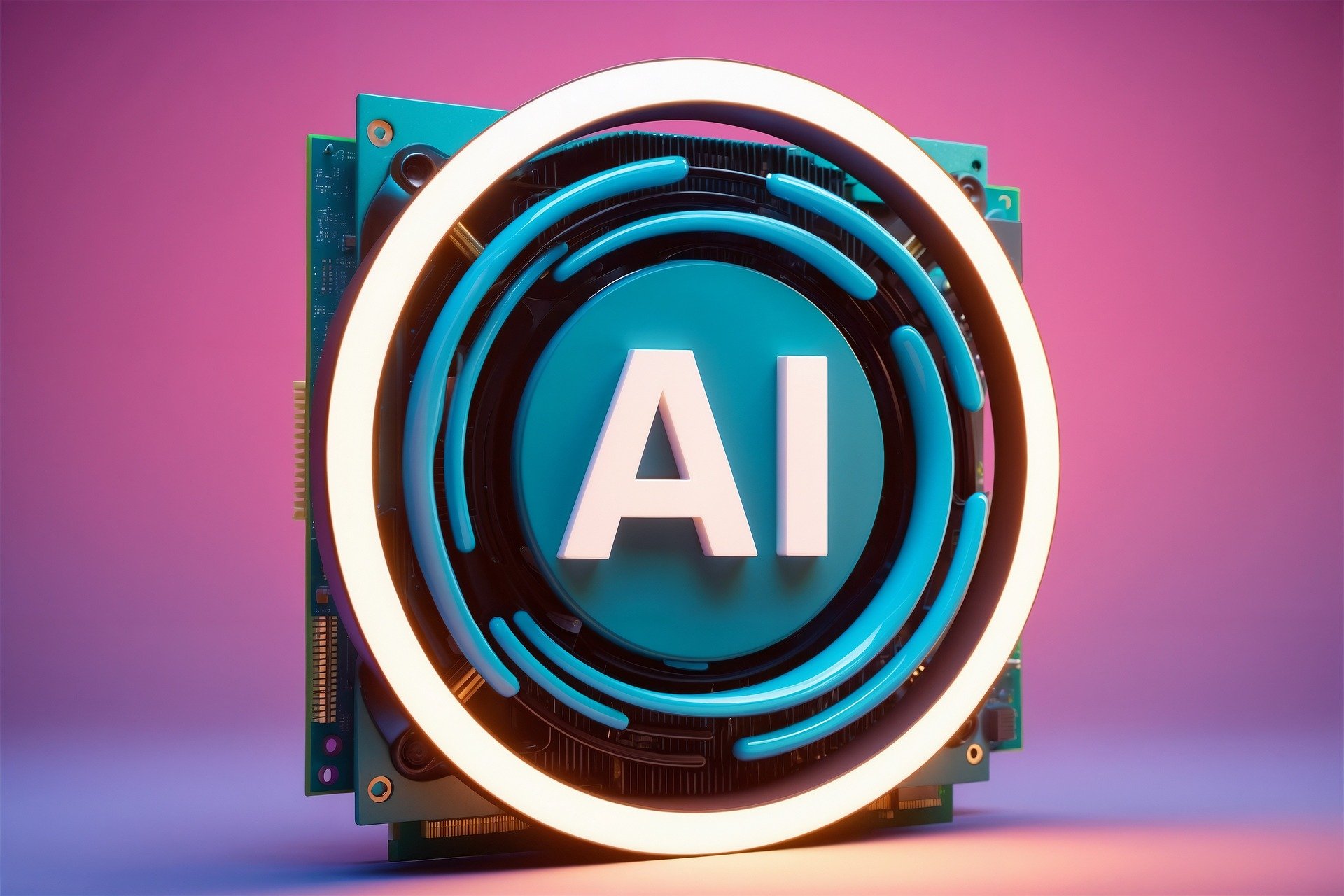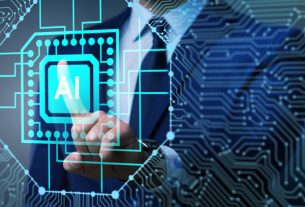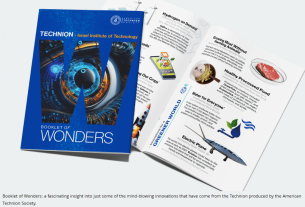Geneva – June 20, 2025 — The United Nations Working Group on Business and Human Rights has warned that the increasing deployment of artificial intelligence (AI) systems must be grounded in international human rights norms, emphasizing the urgent need for comprehensive regulatory safeguards.
Speaking at the 59th session of the Human Rights Council, the Working Group highlighted that both state and corporate actors are rapidly integrating AI into public and private operations. Without robust regulation, due diligence, and accountability, they cautioned, AI could cause serious harm—including discrimination, privacy intrusions, and suppression of free expression.
The Group’s latest report calls for the UN Guiding Principles on Business and Human Rights to serve as the foundation for AI governance. It recommends that states and businesses conduct human rights impact assessments, ensure transparency, and implement accessible redress mechanisms for those harmed by AI applications.
While noting the European Union’s recently adopted Artificial Intelligence Act as a model of binding legislation, the UN experts underscored that global AI regulation remains fragmented, with inconsistent standards and definitions across jurisdictions.
Key recommendations include:
- States should adopt legal and policy frameworks prohibiting AI uses incompatible with human rights, such as mass surveillance, real-time facial recognition, and predictive policing.
- Governments must also promote global cooperation in AI governance and ensure meaningful participation from Global South countries.
- Businesses must undertake rigorous human rights due diligence, with clear mechanisms for grievance and accountability.
The report echoes growing concern about the misuse of AI technologies, particularly in areas like defense and media. In April, UN experts raised alarms about the application of AI in armed conflict and warned against using AI to fuel disinformation and suppress press freedom.
UN High Commissioner for Human Rights Volker Türk and other senior officials have reiterated the call for human-centered AI regulation that protects the rule of law, democratic values, and ethical standards—while still allowing for responsible innovation.
As AI becomes further embedded in judicial systems, governance, and daily life, the UN asserts that proactive, rights-based regulation is essential to preventing harm and safeguarding fundamental freedoms.
Based on an article from JURIST.com by Salma Ben Mariem, Faculty of Law and Political Science of Sousse, Tunisia.



